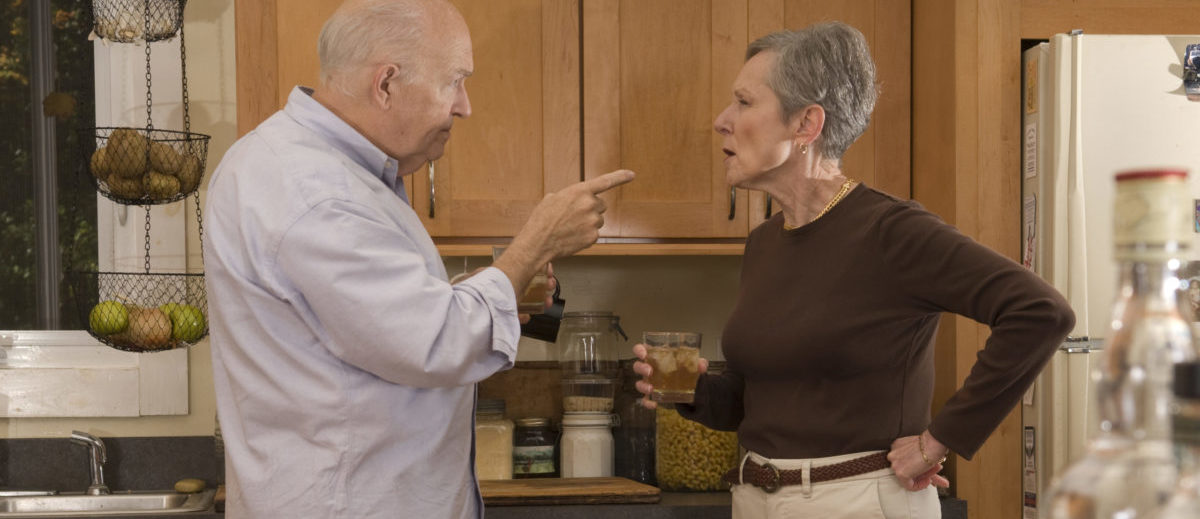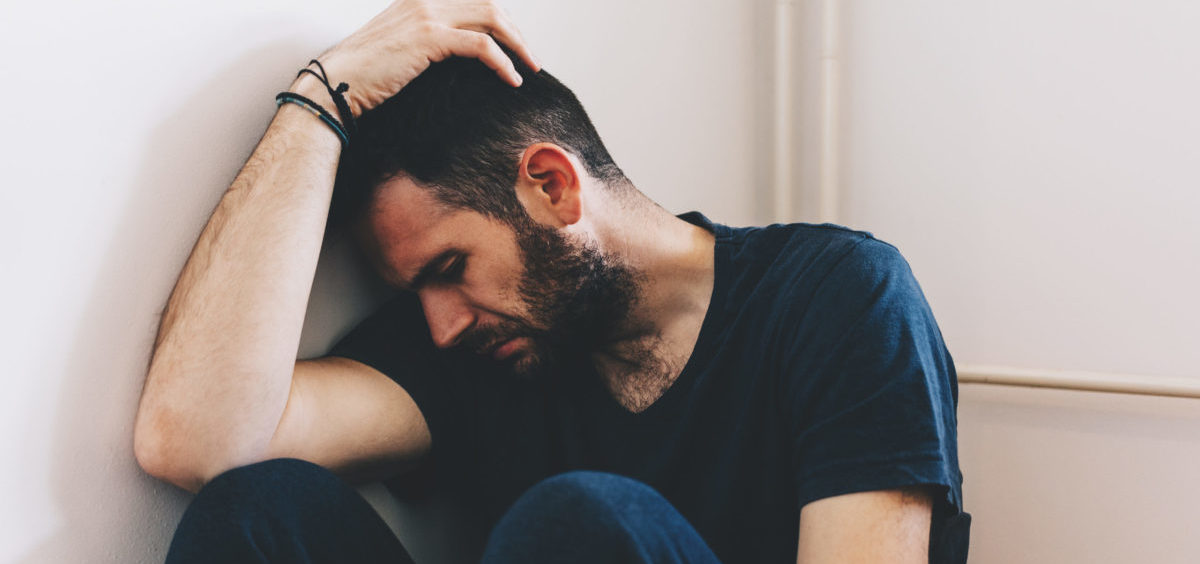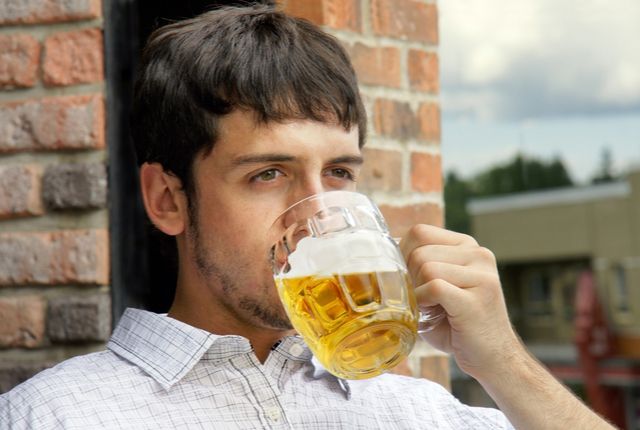Have you ever googled “how to tell when a drug addict is lying”? If your loved one is addicted to drugs or alcohol, it may seem like you don’t know them anymore. Your once loving spouse or honest child may now be acting like a stranger.
It can be very hard to cope when someone you love is now lying to you all the time or trying to manipulate you. It’s shocking and you may feel betrayed every time you find out that they weren’t being honest.
However, this is normal behavior for people who are addicted to substances. The National Institute on Drug Abuse describes addiction as a chronic disease that’s centered around compulsive drug seeking and use. Despite harmful consequences, the addict finds it difficult to control their actions.
Even though your loved one may have previously been a straightforward person, they will now do anything to get their hands on the substance to which they’re addicted. This includes lying.
This may be hard to understand. In this article, we’ll provide some insight into common things addicts say and how to tell when a drug addict is lying.
How Addictive Substances Change the Brain

Drugs and alcohol increase the levels of dopamine in the brain. This makes the user experience heightened pleasure, euphoria, and a sense of wellbeing. The individual wants to feel these sensations again so they drink or use drugs again.
If they repeat this behavior time and time again, the brain gets accustomed to the presence of the addictive substance.
Eventually, the brain no longer produces sufficient levels of dopamine on its own and the person doesn’t feel good unless they use drugs or alcohol.
As time goes on, the individual will do whatever it takes to acquire and consume the substance. This includes lying and stealing.
Heavy or long-term use of addictive substances can damage the part of the brain that controls judgment, making it difficult for the individual to make rational choices. It becomes hard for the person to think objectively.
They may say or do anything it takes to get more drugs or alcohol, avoid going into withdrawal, or avoid the consequences of their actions.
Why Do Addicts Lie and Manipulate
Addicts lie to themselves and others and it’s hard for them to stop. Some of the reasons why they lie to their spouses, relatives, and friends include:
- Shame. This may surprise you since they keep doing the same things over and over again but addicts are often ashamed of their actions. They lie so no one has to find out what they’re doing.
- Avoidance of confrontation. If your loved one was honest with you about everything they did or everything they plan to do, it would probably lead to an argument. Therefore, they lie to keep the peace.
- Protection of loved ones. People who are addicted to drugs and alcohol know that their habits could hurt their loved ones. Often, lying is easier than changing their behavior.
- Changes to the brain. Addiction rewires the brain such that getting drunk or high is the individual’s main focus. Since lying or cheating allows them to get more of the substance, they think it’s okay.
- Denial. Sometimes the reason your loved one can’t be honest with you is that they can’t admit to themselves that they have a problem.
Common Lies Addicts Tell

People who are addicted to drugs or alcohol can lie about small details or invent entire stories. If you’re aware of some of the things your loved one may lie about, you’ll have a better idea of when you should be skeptical. Addicts often lie about:
- Where they went
- Who they saw
- Why they drank or used drugs
- How much alcohol they drank or how much drugs they used
- How they acquired the substance
- How they’re spending their money
- How their substance use is affecting their job or relationship
If you’ve noticed negative changes in your loved one and you get the sense that they’re not being honest, it’s possible that a substance abuse problem could be involved.
Lies People Who Are Addicted to Substances Tell Themselves
Even though each person struggling with addiction will have a unique experience, the lies they tell themselves tend to be quite similar. These lies keep them from admitting they’re unwell and seeking professional help. Here are things your loved one may be saying to themselves:
- I can stop drinking/smoking/injecting drugs whenever I want. Many addicts want to believe they are still in control of their lives. They don’t want to admit that alcohol or drugs are controlling them, especially if they’re using substances to deal with trauma or another mental health problem.
- I’m not like other people who drink or use drugs. Addicts tend to compare themselves to other people they know. If they’ve never passed out on the street, been arrested, or been fired because of their drug use, they think they’re doing okay. However, addiction can range from mild to severe and it’s a progressive illness. This means that it gets worse if it goes untreated.
- I need drugs or alcohol to deal with my problems. People who become addicted to drugs or alcohol often start using these substances as a way to self-medicate. Unfortunately, while they may feel better in the short term, substance use can make mental and emotional problems worse in the long run. Drugs and alcohol are not a substitute for psychiatric or psychological help but addicts tell themselves otherwise.
- Life won’t be fun if I’m sober. Addicts often get accustomed to a lifestyle that revolves around drinking or using drugs. Therefore, they tell themselves that life would be boring otherwise. However, the reality is the addiction is far from fun, and life is centered around getting and using drugs. Still, this belief keeps people from seeking treatment. Sobriety is actually a healthier and more enjoyable choice since it involves new activities, new friends, and a new way of thinking.
- My addiction doesn’t affect anyone else. People who are addicted to drugs or alcohol often isolate themselves. If they socialize, it’s usually with people who are using the same substances. Therefore, they may think that their actions aren’t affecting their families. When people try to intervene, they may think they’re judging them or trying to control them. In their world, no one else is being affected by what they’re doing.
- I don’t have anything to live for so I might as well continue drinking or using drugs. Individuals who are addicted to drugs or alcohol are often depressed. Grief, sadness, or guilt often drive them to use substances. Before long they get trapped in a harmful cycle. They self-medicate because they’re depressed and then the drugs and alcohol make them even more depressed after the high wears off. A person in the depths of depression doesn’t feel like life is worth living.
How to Tell When A Drug Addict is Lying: Possible Indicators
People who are addicted to drugs and alcohol lie often and they may be very convincing. It can, therefore, be difficult for the people close to them to tell when they’re telling the truth. There’s no foolproof way of detecting a lie in the absence of evidence.
However, if you know what to look for, it may be a little easier.
Signs that your loved one is lying include:
- Lack of eye contact
- Suddenly speaking more loudly
- Fidgeting or rocking back and forth
- Giving vague answers or trying to change the subject
- Speaking in broken sentences or using lots of filler words
- Speaking in a higher tone
Not everyone will show the same signs when they lie, and some people are better at being dishonest than others.
However, you should trust your instincts. If you believe something is going on, it probably is.
What to Do If You Suspect Someone is Addicted to Drugs

Loving a person who is struggling to control their drug use can be scary and stressful. However, that person will need your support in order to recover. Try to create a calm environment in which you can discuss their lies and impress upon them the need to get help.
It’s a good idea to contact an addiction specialist for advice on how to approach what is likely to be a difficult conversation.
While you may be feeling hurt and manipulated, you need to focus on the other person’s wellbeing rather than your emotions. It’s important for the addict to know that you love them and you’ll help them if they seek treatment but you won’t tolerate further lies.
It may be tempting to avoid confrontation but this won’t help any of the parties involved.
Contact Best Rehabs In Arizona for Advice
If you’re unsure about how to deal with someone’s lies or you want information about addiction treatment, contact the professionals at Best Rehabs In Arizona. We’ll answer your questions and advise you about how you can support your loved one.
Contact us today to talk to an addictions counselor.












